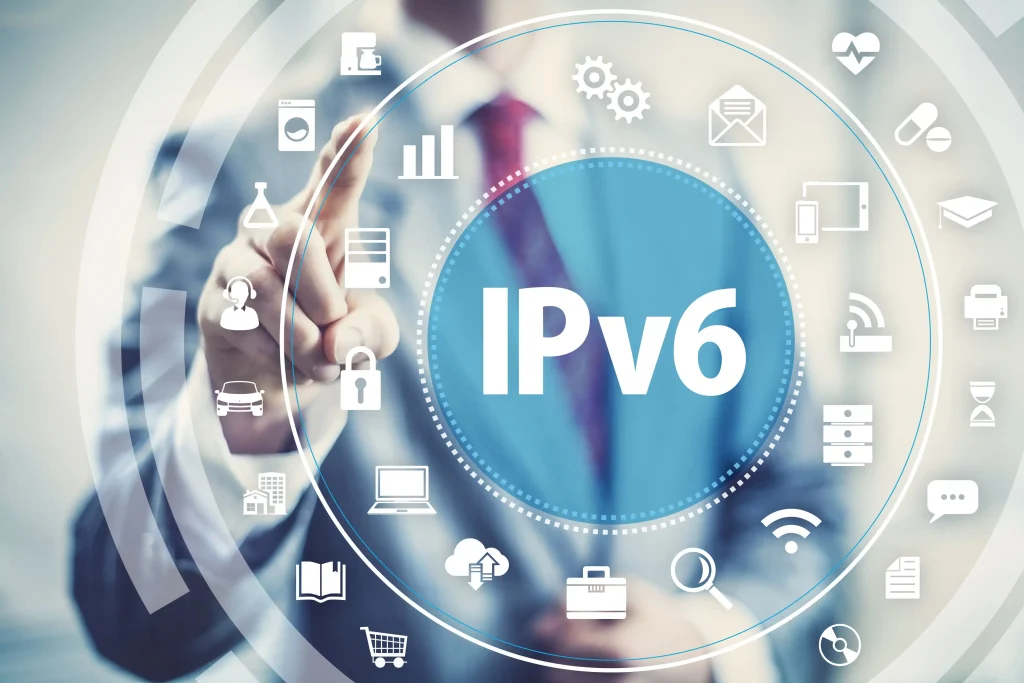The Nigerian government is preparing to implement the latest Internet Protocol Version (IPv6) as part of its strategy to bolster cybersecurity, drive digital economic growth, and strengthen the nation’s internet infrastructure. This announcement was made by Dr. Bosun Tijani, Minister of Communications Innovation and Digital Economy, during the IPv6-Driven Digital Infrastructure Summit held in Abuja.
Organised by the National Information Technology Development Agency (NITDA) in collaboration with Huawei, the IPv6 Forum, and the IPv6 Council Nigeria, the summit marked a key step in advancing Nigeria’s digital landscape. The event, themed “Bringing Net 5.5G Into Reality: Inspiring New Growth,” underscored the importance of transitioning to IPv6 to meet the future demands of the internet.
Dr. Tijani emphasised that the shift to IPv6 represents a significant milestone in Nigeria’s digital public infrastructure goals. This upgrade will not only enhance the ability to identify internet users and devices but also improve the tracking of online transactions within the country.

“The IPv6 protocol is the latest protocol responsible for ensuring that online transactions and activities allow authorities to identify users, not just for security but also to ensure that the system isn’t used inappropriately.
“This is the standard used globally, but only a few countries are on the latest version. Countries like the US, France, Saudi Arabia, and the UAE are on IPv6, and most countries are still catching up.
“Nigeria is now one of the first countries in Africa to migrate from IPv4 to IPv6, which means service providers can offer better services, ensure their systems are not easily hackable, and make sure the services they provide are always available by identifying where the traffic is coming from,” Dr. Tijani highlighted.
He praised NITDA and its partners for spearheading this initiative, which positions Nigeria ahead of many others in the region. The minister also stressed the importance of making IPv6 the standard for all critical service providers within the digital economy sector.
Discussing the impact of IPv6 on cybersecurity, Dr. Tijani explained that improved tracking of internet traffic is crucial for effective cybersecurity measures.
The President of the IPv6 Forum, Mr. Latif Ladid, also commended Nigeria’s leadership in internet usage in Africa, noting that the country ranks seventh globally. He underscored the necessity of upgrading to IPv6 to accommodate Nigeria’s growing digital landscape. He also highlighted ongoing discussions between NITDA and Finland’s cybersecurity centre, Straficom, which could further solidify Nigeria’s position as a leader in internet protocol advancements.
NITDA’s Director General, Kashifu Inuwa, pointed out that the investment required for the IPv6 implementation is minimal but stressed the need for strategic planning and policy direction. The agency has proposed a white paper to encourage industry stakeholders to embrace IPv6, aiming to spark conversation and raise awareness.


